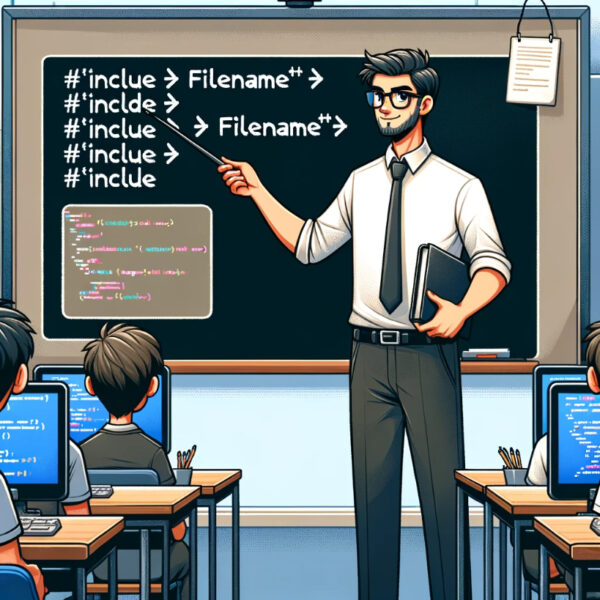Introduction to C++ The journey into the world of C++ begins with an appreciation of its roots and the foundational role it plays in the modern programming landscape. C++ is a versatile language that has stood the test of time, remaining relevant and influential since its inception. Historical Context and Significance C++, developed by Bjarne […]
Guide to Secure Online Banking
With the digital era reshaping our banking habits, the need for robust online banking security is more crucial than ever. This guide offers comprehensive insights into safeguarding your financial transactions in the virtual world.
Navigating IoT Security: Challenges and Solutions for Your Devices
Exploring the complexities of IoT security. This guide discusses challenges and offers practical solutions to secure your IoT devices effectively.
Comprehensive Guide to Implementing Multi-Factor Authentication
In an era where digital security is paramount, Multi-Factor Authentication (MFA) stands as a critical defense mechanism against escalating cyber threats. MFA, by definition, involves verifying a user’s identity by requiring multiple pieces of evidence before granting access to a system or application. This guide delves into the essentials of MFA, its pivotal role in […]
AI-Powered Code Completion for C++: Boosting Development Efficiency
The advent of Artificial Intelligence (AI) has ushered in a new era in the field of software development. AI’s integration into development tools has been a game-changer, particularly with the introduction of AI-powered code completion. This technology is not just a futuristic concept but a present-day reality that is reshaping how developers write code, especially […]
How to use #ifdef and #ifndef to check if an identifier has been defined
#ifdef, #ifndef and #endif are preprocessor directives which allow us to check wether or not a value has already been defined using the #define directive. This can be useful when you’re including files that may already have the same value defined using #define. Here’s an example that defines the value Whidbey only if it wasn’t defined before: #ifndef Whidbey#define Whidbey#endif Similarly, what’s between #ifdef and #endif is compiled […]
How to convert C++ variables to other data types using casting
There are several ways to convert C++ variables.Here is one method of converting an integer variable to a bool (boolean) variable: int MyInteger = 0;bool MyBool = (bool)MyInteger; And here is another way: int MyInteger = 0;bool MyBool = static_cast<bool>(MyInteger); In both cases, after the casting has been made, MyBool will contain the value false (since MyInteger was 0). If MyInteger was 1 or any other number […]
What is the difference between #include and #include “”?
In C++ it’s common to see two methods of including a header file: The difference between the two varies on the compiler you are using, however the rule of thumb is that the first version, between the “<” and “>”, will have the compiler search for filename in a series of predefined paths. It is the standard […]
How to swap two numbers without using a third variable
Using pointers you can easily swap two variables without using an additional variable to store a temporary value. This is because instead of swapping values, you can swap addresses, as shown in this function: void SwapSmart(int * a, int * b){*a = *a xor *b;*b = *b xor *a;*a = *a xor *b;}
Creating a collection class in C++
How to use a template to create a custom collection class and using the C++ std::vector STL library as well as the operator. I will expect you to understand how pointers, classes, templates and the operator works Introduction C++ comes with its own set of containers in the STL (Standard Template Libraries) libraries; (e.g. std::vector). It […]








